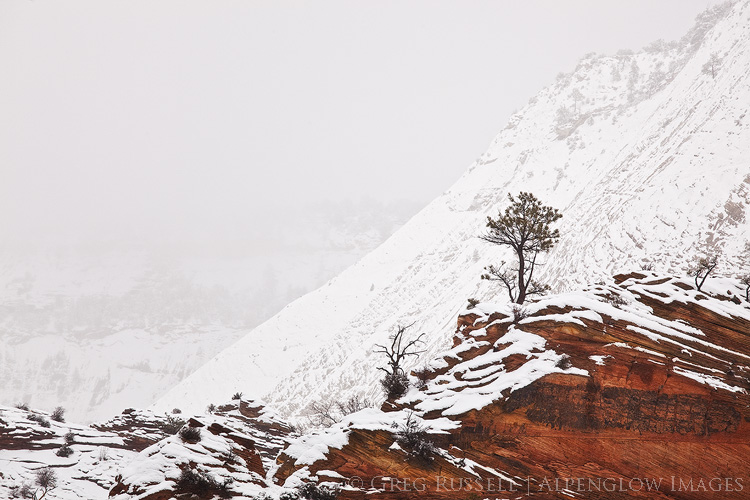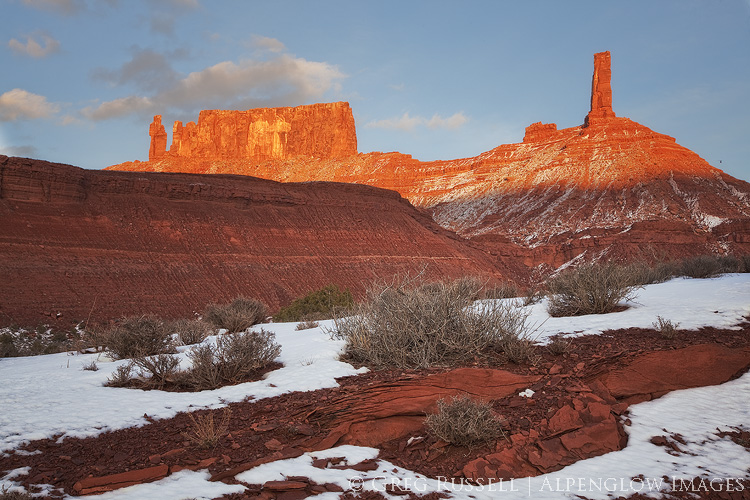“If God does not exist, everything is allowed.” – Dostoyevsky’s Ivan Karamazov
If you’ve been following the news at all, you know that the US government is in the midst of the longest shutdown in its history. I have no interest in talking about the politics of it except to point out that the poster child of the shutdown has been our public lands, specifically our national parks. Trash, vandalism, and more in our popular parks have made national news, almost since day one of the shutdown. What should our land use ethic be when there is no regulating body present? Should we continue as if nothing has changed, or should we alter our approach?
The importance of our national parks can’t really be underscored enough. States, communities, and private organizations have rallied to keep our biggest national parks open during the shutdown. Grand Canyon, Bryce, and Zion and three great examples of this collective effort. The revenue these parks bring in is obviously a big factor in determining whether or not to keep them open. In the case of Zion, Utah State Route 9 runs through the middle of the park; accessibility is another factor. Another thing we can’t ignore is the importance of these places to us all. Shutting them down would–on some level–be heartbreaking.
Two weeks into the shutdown, my wife and I were married on the lawn at the Zion Lodge. It’s kind of an inarguable point that we had selfish motivations for seeing Zion remain open. What if Zion had closed for the shutdown? While disappointing, we would have understood and moved our wedding to a ‘plan B’ location.
After our wedding, we took a short road trip to Moab, Monument Valley, and the Grand Canyon. Due to a lack of resources to plow snowy roads, Arches National Park was closed. Fortunately, Moab is full of opportunities for public lands recreation. Perhaps more disappointing was that Moab Brewing Company was also closed for maintenance! The Grand Canyon–of course–was open, and functioning more or less normally.
One would assume, government shutdown or not, that the people who visit our national parks and monuments would be the caretakers, the proud public land owners. Maybe that isn’t the case though. Incidents of vandalism are rampant, perhaps the most egregarious being the chain-sawing of Joshua Trees in their namesake national park. In Zion, we witnessed people were parking on sensitive plants in the Canyon. Dogs (often off leash) were on almost every trail. It’s clear that, in the absence of enforcement, we don’t care about the rules at all. Or, to put it another way, it’s the enforcement of rules that makes us look like a good society, not an inherent quality of society itself.
Alain puts it beautifully in his Letters to Sergio Solmi on the Philosophy of Kant: “Ethics means knowing that…we have certain obligations. Ethics is neither more nor less than a sense of dignity.” Should I litter, destroy, and vandalize our national parks? It would be unworthy of me–unworthy of what humanity has become, unworthy of the education I have been given, unworthy of what I am and wish to be. I therefore refrain from such behavior. These are my ethics.
Should our national parks close for business completely during the shutdown? The former Director of the National Park Service certainly thinks they should be. The Mojave Desert Land Trust does too.
My ethics remain unchanged in this time of the government shutdown. I have visited national parks during this time. I am also aware that I am adding to the congestion that is partially the root of these problems. In her book The Hour of Land, Terry Tempest Williams writes, “Awe is the moment when ego surrenders to wonder. This is our inheritance – the beauty before us.” Perhaps even more so than the heartbreak of having our national parks closed is that of seeing our collective ego so big that we are willing to destroy them to satisfy ourselves.
Nearly two years ago, I wrote about my code of ethics as a photographer. We can add to that list now to suggest that we always tread lightly–even when the government is open, do not take services for granted. Pack out trash, and always be mindful of road and trail closures. Photographers can (and should) set the example of how we should treat our public lands; no photograph is worth endangering the integrity of a place, and realizing the fragility of our heavily visited national parks is paramount.


